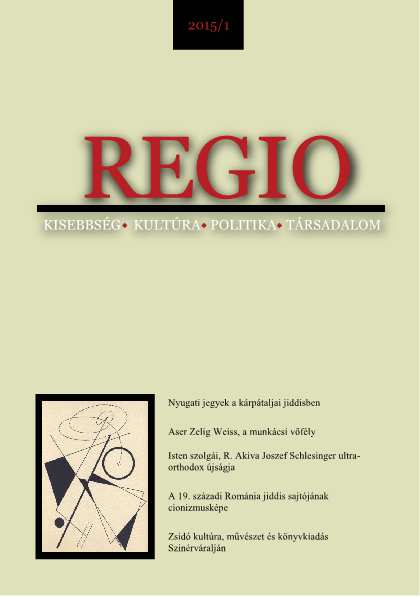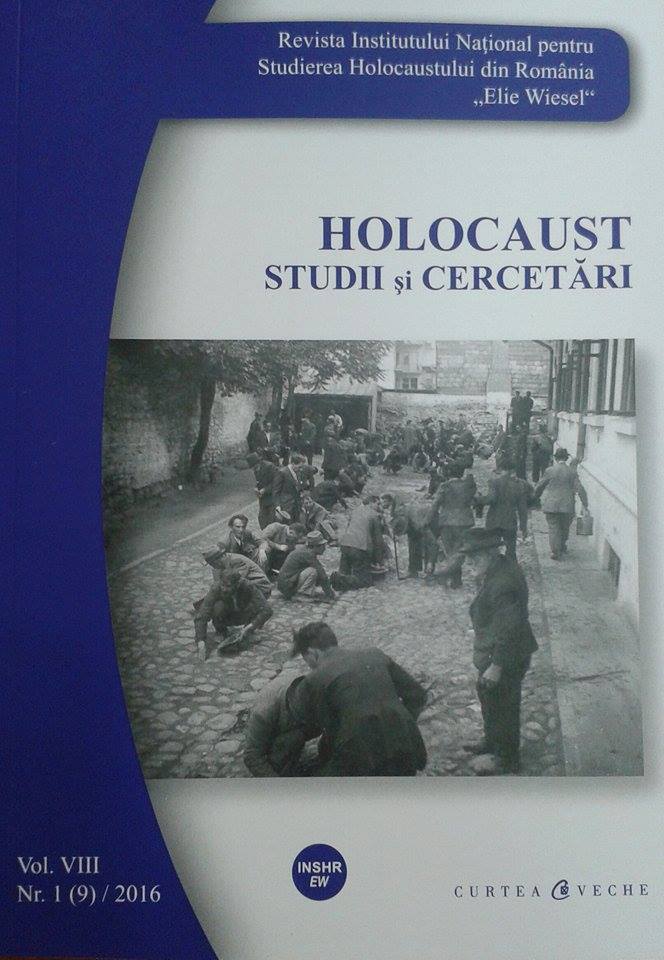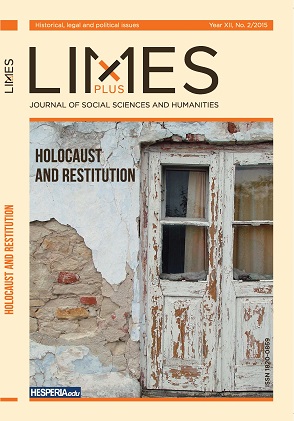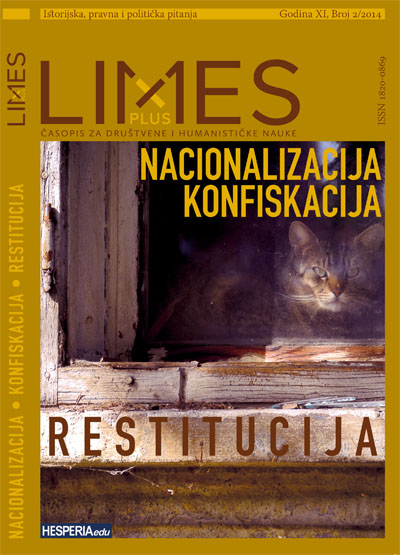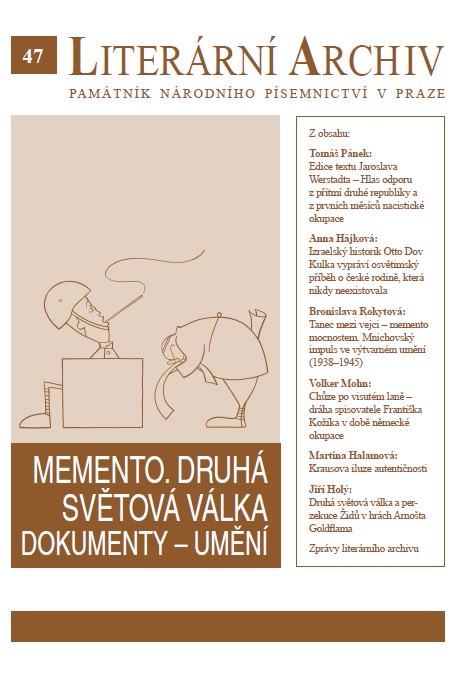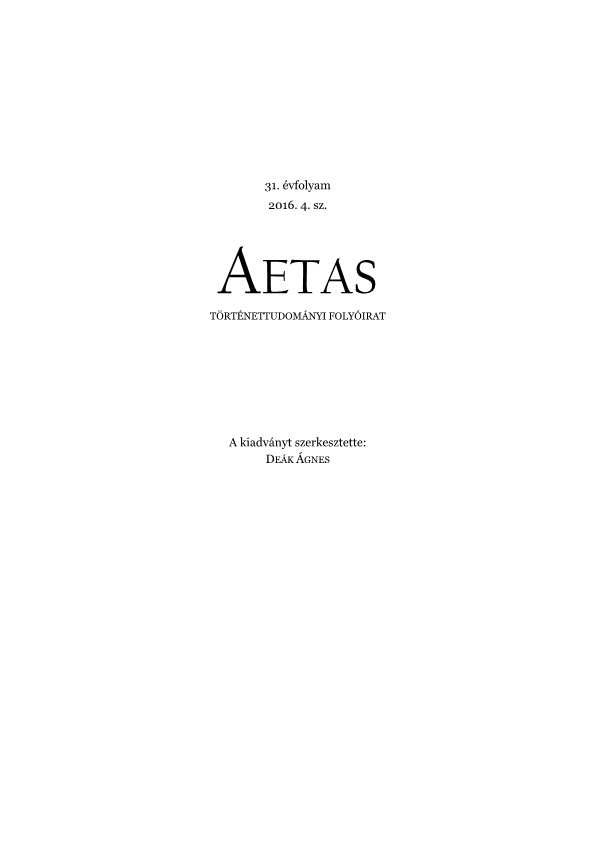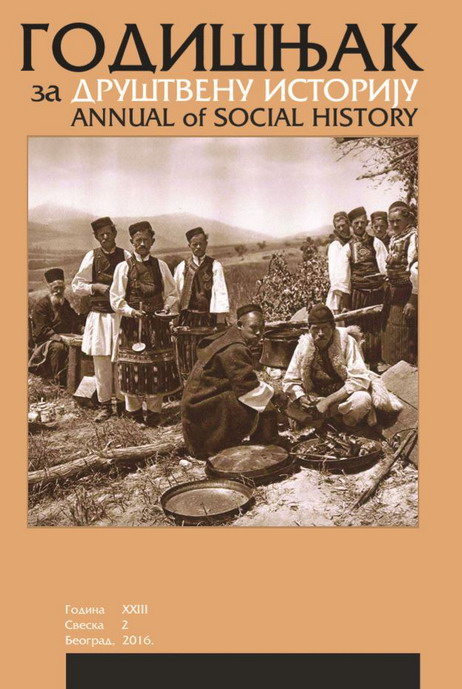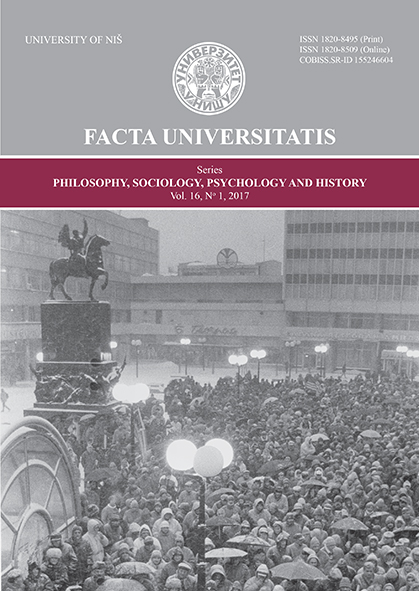Author(s): Jiří Holý / Language(s): Czech
Issue: 47/2015
Arnošt Goldflam (b. 1946), a playwright and fiction writer, has often used Jewish topics in his works. His father was born in Vienna into an assimilated Jewish family. Before the Second World War, he lived in Brno, Czechoslovakia, but in the autumn of 1939 the German authorities deported him and other Jews to a ‘Judenreservat’ (Jewish reservation) east of Nisko, on the River San, along the frontier of the ‘Generalgouvernement’ in German-occupied Poland. From Nisko, the Jews were then chased over the German-Soviet demarcation line as warning shots were fired above their heads. Here Otto Goldflam met a young Orthodox Jewish girl from Poland. Both survived the war, Goldflam as a soldier in the Czechoslovak Army who joined the Red Army in the fight against Nazi Germany, and the girl in hiding with a P olish Gentile family. After the war, they married and moved to Brno. Arnošt Goldflam was born soon after. Most of their relatives had died as a result of Nazi persecution. The Second World War as well as the Holocaust appear as topics in Goldflam’s plays and short stories. The play Sladký Theresienstadt (Sweet Theresienstadt) had its first night at the Archa Theatre, Prague, in November 1996. The Archa Theatre worked with En Garde Arts, a N ew York NGO, on a P rague production of the play. Based on documents about life in the ghetto, the play was mainly inspired by the Theresienstadt diary of Willy Otto Mahler (1909–1945, called Willy Mahner in the play), who was a journalist and a secretary of the Německý Brod football club. To protect the living, the diary has not yet been published. Mahler had a relatively privileged position among the Theresienstadt prisoners. In his diary, he describes many things, often sardonically, including his own selfish behaviour and love affairs, and the Mahner character in the play is similar. Goldflam originally wrote the play inspired only by Mahler’s diary. In the second version of the play, however, he drew on another source of inspiration: the story of the filming of a propaganda documentary in Theresienstadt. The film was made after Theresienstadt had been spruced up for a visit by a R ed Cross delegation in June 1944. The famous Jewish-German actor Kurt Gerron (Kurt Gerroldt in Goldflam’s play), who was a prisoner in Theresienstadt, was chosen as the film’s director. The film presents a completely false picture of Jewish life in Theresienstadt, portraying the ghetto as a happy, idyllic community. In Goldflam’s play, Gerroldt does not want to see that his work serves evil and lies. It is fair to consider his reference to an allegedly higher moral duty to be the broader, more general sense of Goldflam’s play. In his later play, Z Hitlerovy kuchyně (From Hitler’s kitchen, 2007), six ministories linked by the character of Adolf Hitler add up to an unorthodox picture of Hitler. Goldflam’s grotesque reconstructions of Hitler’s life and death are free of any demonic qualities and present him simply as a private, bookish, and slightly odd man. Goldflam manages to combine authenticity, tragic hopelessness, and the grotesque. The grotesque, often associated with brutality, is the third component of his plays.
More...
